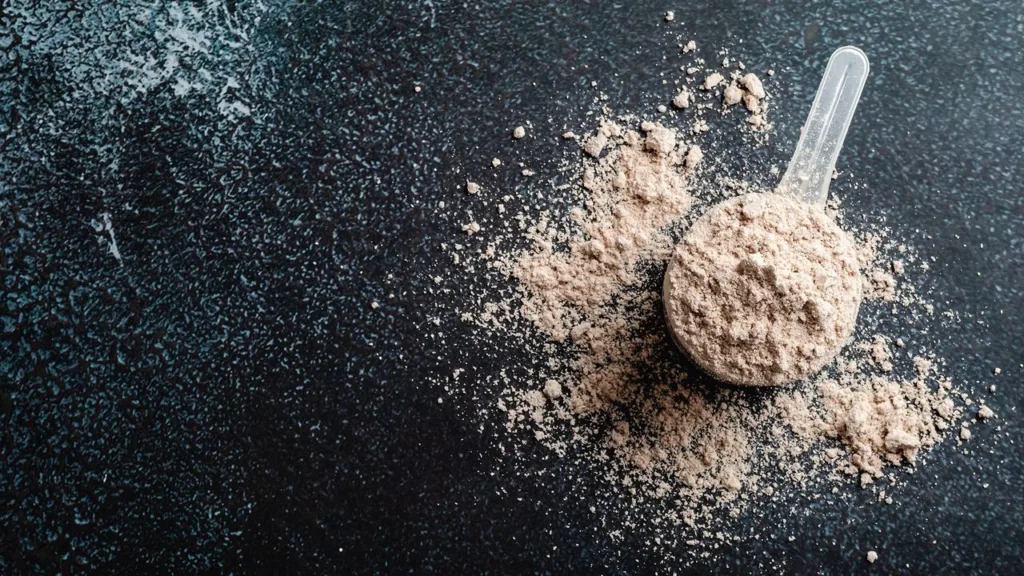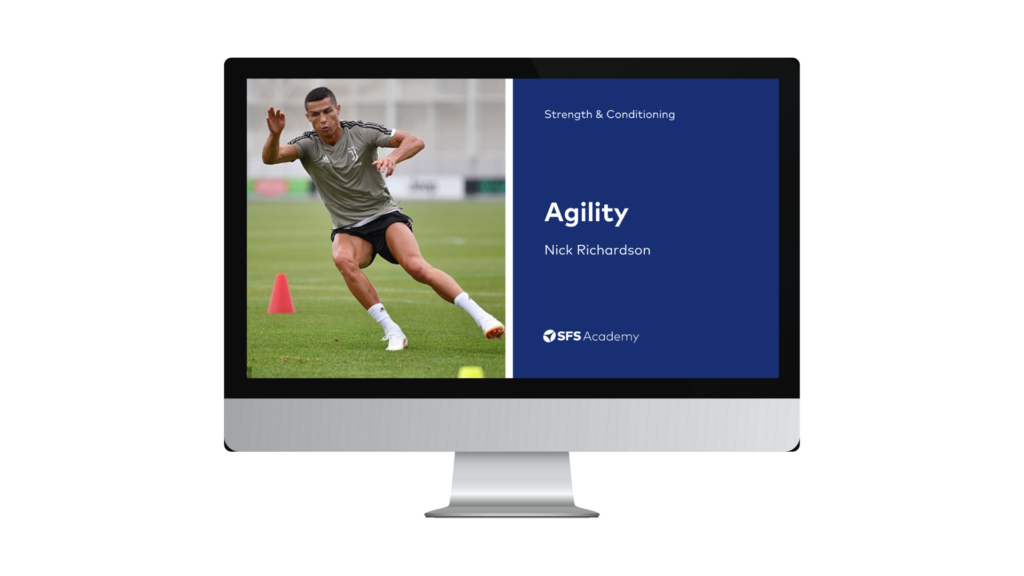This week in the world of sports science, here’s what happened…
- How Byrne FC produced Erling Haaland
- A guide to using force plates
- A protein powder for everyone!
How Byrne FC produced Erling Haaland

Last week, a post on X by Joel Cressman gained a lot of attention through numerous reposts and likes. The post discussed the youth program of Byrne FC in Norway, which football superstar Erling Haaland was a part of. Remarkably, six out of 40 players in the program went on to become professional football players!
In the post, Cressman provided some factors that made Byrne FC’s youth program so successful. Interestingly, players only trained once or twice per week until the age of 10, while position-specific training only started at the age of 15! Cressman outlined that the focus of Bryne FC’s youth program was fun and learning. The team only played their first tournament at the age of 13 too! However, it is worth noting that the post suggests that competitions took place during practice and training sessions.
Cressman also provided some insightful information about the head coach. He indicated that the coach put the same care and focus into all players, regardless of their skill level. The coaching philosophy of Byrne FC seems incredibly adept, “As many as possible, for as long as possible, and as good as possible”. The post also mentions that the group had a lot of informal play, and the local dome was always left open for children to play football.
Cressman’s post is supported by this study. While it may be argued that a generational talent like Haaland was always destined to succeed no matter the youth program. However, in a program that produced arguably the best footballer in the world and that has produced more professionals than dropouts, it deserves recognition.
For anyone involved with youth athletes and youth programs, this post is certainly worth checking out!
A guide to using force plates
A YouTube video on jump testing with force plates by Jo Clubb from Global Performance has recently gained a lot of positive attention. Clubb provides an excellent explanation of how to administer the Countermovement Jump (CMJ), the Single Leg CMJ, the Squat Jump, and the Drop Jump test on force plates.
The video also provides excellent visual illustrations of the force-time curve of the jump tests, which Clubb expertly describes in detail. Additionally, Clubb goes into detail describing the Eccentric Utilization Ratio (EUR), highlighting how well an athlete uses their Stretch Shortening Cycle (SSC). The EUR can be calculated by comparing outputs from one’s CMJ and Squat Jump test. If the EUR score is above 1.1, then strength training should be the focus, whereas if the EUR score is less than 1, then more focus should be on plyometric training.
The use of excellent visual diagrams and clear-cut explanations from Clubb makes this video a must-watch for practitioners wanting to learn how to administer and interpret the most common jump tests on force plates.
If you would like to know more about force plates check out our excellent course: Getting The Most From Force Plates
A protein powder for everyone!

Protein powders have become increasingly popular in the past decade, with a plethora of brands and flavours available in the market. This can make it quite challenging for consumers to determine which protein powder is suitable for their needs.
A recent article by The Strategist, a New York-based magazine, provides an in-depth analysis of various protein powders. The article discusses the quality of ingredients, protein sources, and flavour. It also offers recommendations on the best protein powder options based on these factors.
In addition to these general recommendations, the article also provides niche recommendations for specific customer needs. These include collagen protein, plant-based protein, protein for sensitive stomachs, protein for competitive athletes, protein with simple ingredients, and lactose-free protein.
If you are considering adding protein powder to your diet but are unsure which brand to choose, this article is worth reading. However, it is always advisable to consult a dietary expert before consuming protein powder.
From us this week:
>> New course: Resistance Training For Football
>> New podcast: Why Momentum Beats Speed In Sport
>> New infographic: Team Sport Conditioning
>> New article: 15 Best Barbells For Home Gyms
Access to a growing library of sports science courses
SFS Academy is an all-access membership to premium sports science education.
With SFS Academy, you’ll learn from some of the best coaches around the world as they teach you how to apply the latest research and practice with your athletes.




